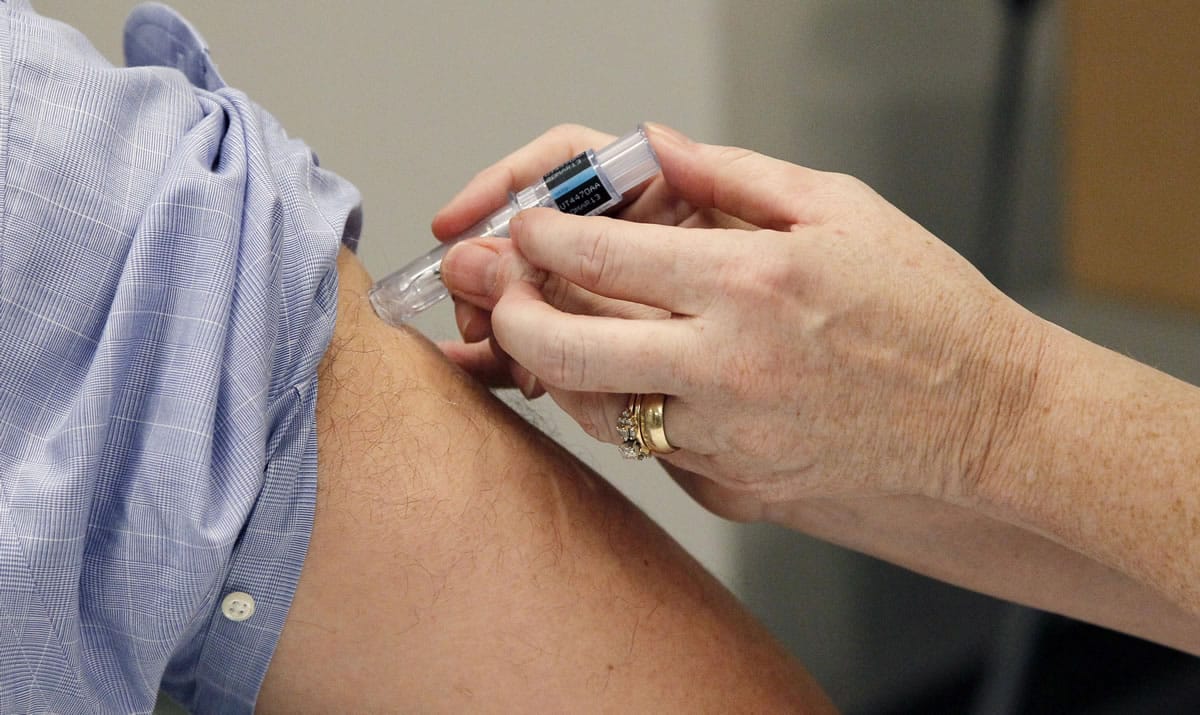It may be a new year, but a familiar foe is reappearing in Clark County.
The flu strain H1N1 is the most prominent flu virus circulating the county, the state and the country. H1N1 was first introduced in 2009, then nicknamed “swine flu.”
The current strain isn’t identical to the 2009 strain, but it’s very similar, said Dr. Alan Melnick, health officer/administrator for Clark County Public Health.
The current H1N1 strain is hitting the young- and middle-aged adults particularly hard, as did the 2009 strain. The virus causes severe respiratory illness among people in their 20s, 30s and 40s, Melnick said.
“This one, for some reason, targets that group,” he said.
Across the state, flu activity has surpassed epidemic thresholds. In Clark County, flu activity is elevated but not yet epidemic.
For two consecutive weeks, the flu virus has been above 10 percent positivity in Clark County. That means more than 10 percent of the people with flu-like symptoms tested positive for the flu — an indicator that the flu is circulating in the community.
During the week of Dec. 15-21, about 33 percent of tests came back positive. The following week, Dec. 22-28, about 30 percent of tests were positive, according to Clark County Public Health.
“The flu season is basically here in Clark County,” Melnick said.
And it’s arrived a few weeks earlier and spreading faster than the past few years, he said.
“This looks like it could very well be a severe flu season,” Melnick said.
While the virus is already circulating in Clark County, Melnick said it’s not too late to get a flu vaccine. This year’s vaccines protect against H1N1, but the vaccines take two weeks to build up antibodies to protect against the flu, he said.
“The vaccine is the best way of preventing this,” Melnick said.
Those who get a flu shot and still get the flu are much less likely to have serious complications, such as pneumonia, Melnick said.
Health officials recommend everyone 6 months and older get a flu vaccine. It’s especially important that people at greatest risk of complications — young children, pregnant women, people 65 and older and people with asthma, diabetes, heart disease and long-term health conditions — get vaccinated, according to health officials.




